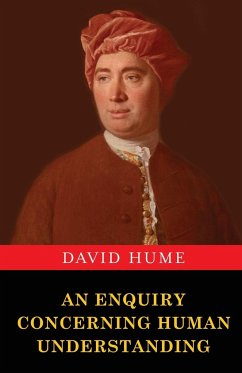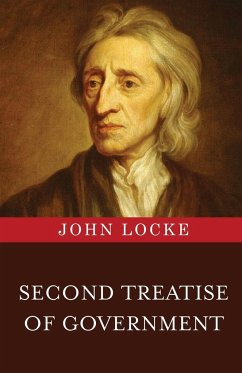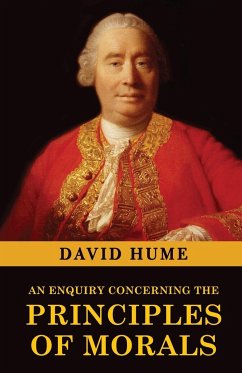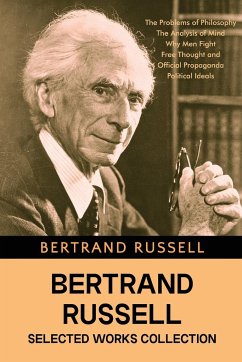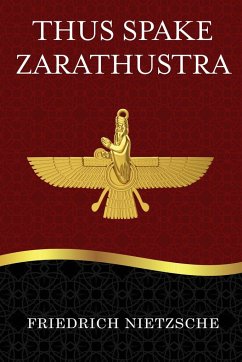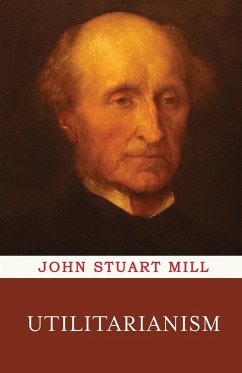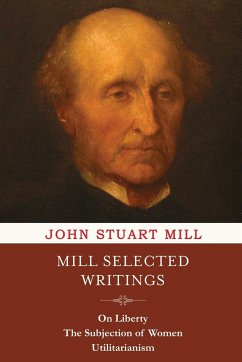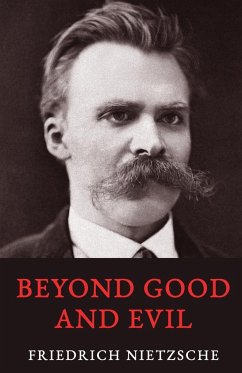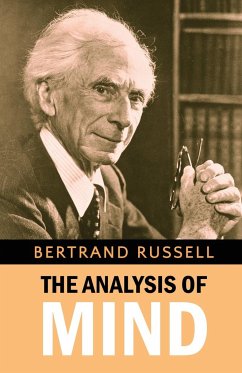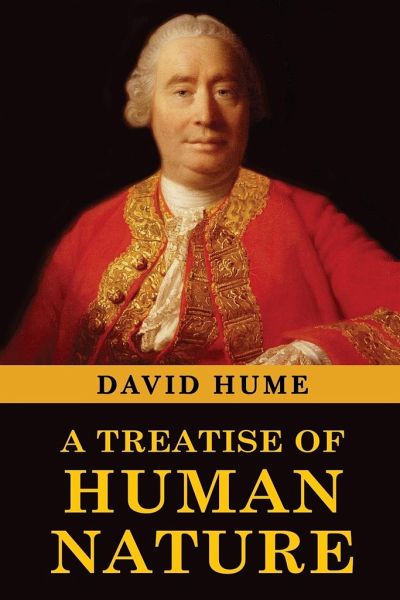
A Treatise of Human Nature
Versandkostenfrei!
Versandfertig in 1-2 Wochen
34,99 €
inkl. MwSt.

PAYBACK Punkte
17 °P sammeln!
'One of the greatest of all philosophical works, covering knowledge, imagination, emotion, morality, and justice.' David Hume's comprehensive three-volume A Treatise of Human Nature has withstood the test of time and has had enormous impact on subsequent philosophical thought. Hume whom Kant famously credited with having "interrupted my dogmatic slumber and gave my investigations in the field of speculative philosophy a quite new direction" intended this work as an observationally grounded study of human nature. He employed John Locke's empiric principles, constructing a theory of knowledge to...
'One of the greatest of all philosophical works, covering knowledge, imagination, emotion, morality, and justice.' David Hume's comprehensive three-volume A Treatise of Human Nature has withstood the test of time and has had enormous impact on subsequent philosophical thought. Hume whom Kant famously credited with having "interrupted my dogmatic slumber and gave my investigations in the field of speculative philosophy a quite new direction" intended this work as an observationally grounded study of human nature. He employed John Locke's empiric principles, constructing a theory of knowledge to serve as a foundation for the evaluation of metaphysical ideas. The Treatise first explains how we form such concepts as cause and effect, external existence, and personal identity, and to form compelling but unconfirmable beliefs in the entities represented by these concepts. The second part surveys the passions, from pride and humility to contempt and respect, analyzing their roles in human choices and actions. The book concludes with a meditation on morals and an in-depth explanation of the perceived distinctions between virtue and vice. One of philosophy's most important works and a key to modern studies of 18th-century Western thought, A Treatise of Human Nature is essential reading for all students of philosophy and history.





